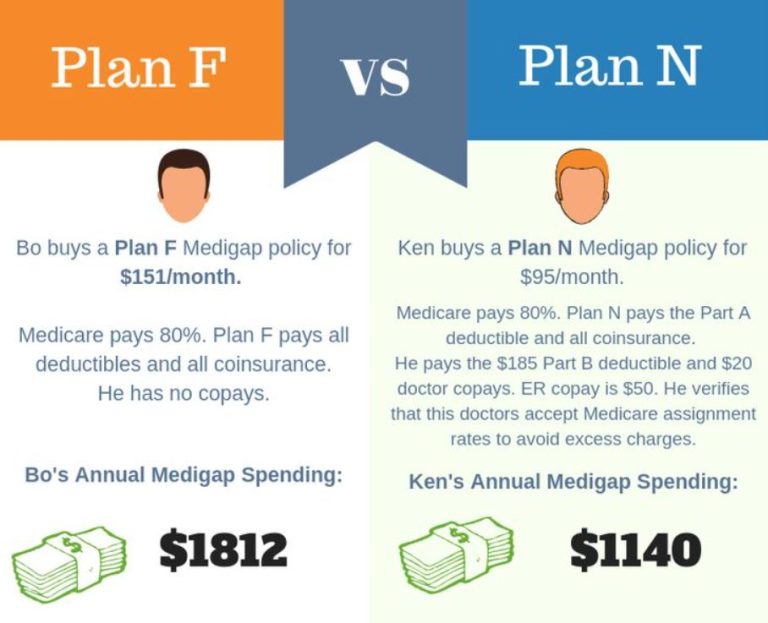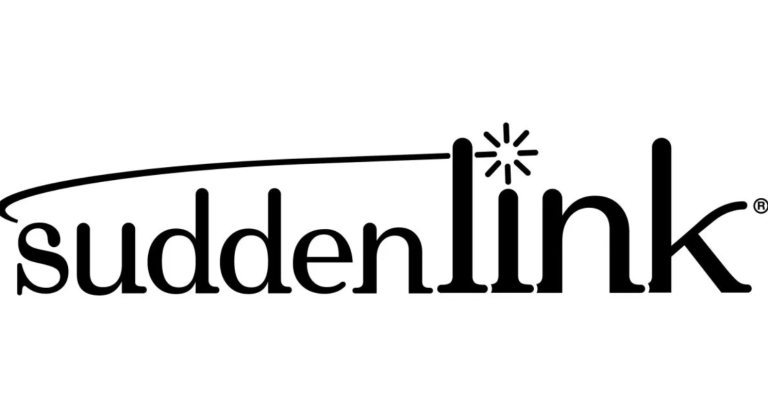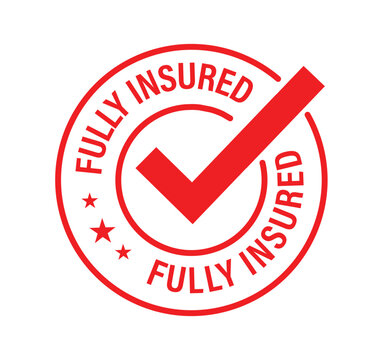Navigating the complexities of health insurance can be a daunting task, especially during periods of transition such as job loss or significant life changes. In Illinois, the Consolidated Omnibus Budget Reconciliation Act (COBRA) provides a crucial safety net, allowing individuals to maintain their health insurance coverage even after leaving their employer’s group health plan.
This comprehensive guide aims to shed light on the intricacies of Cobra insurance Illinois, empowering you with the knowledge needed to make informed decisions about your healthcare coverage.
Understanding COBRA: The Basics
COBRA is a federal law that grants eligible individuals and their families the right to continue their health insurance coverage under their former employer’s group health plan for a limited period. This temporary extension of coverage bridges the gap between employment transitions, ensuring that you and your loved ones don’t face a lapse in healthcare protection.
Key Eligibility Criteria for Cobra Insurance Illinois
To qualify for COBRA continuation coverage in Illinois, certain conditions must be met:
- Qualifying Event: A qualifying event triggers your COBRA eligibility. These events typically include:
- Voluntary or involuntary job termination (except in cases of gross misconduct)
- Reduction in work hours leading to a loss of coverage
- Death of a covered employee
- Divorce or legal separation
- A dependent child losing eligibility under the plan
- Plan Coverage: You must have been enrolled in your employer’s group health plan at the time of the qualifying event.
- Employer Size: COBRA applies to employers with 20 or more employees on more than 50% of their typical business days in the previous calendar year.
Benefits of COBRA Continuation Coverage
COBRA offers several crucial benefits to eligible individuals:
- Uninterrupted Coverage: COBRA ensures that you and your family can maintain the same health insurance coverage you had under your employer’s plan, including access to the same network of doctors and hospitals.
- Peace of Mind: During periods of uncertainty, COBRA provides a sense of security, knowing that your healthcare needs are covered.
- Time to Transition: COBRA grants you time to explore alternative health insurance options, such as enrolling in a new employer’s plan or purchasing an individual health insurance policy.
COBRA Coverage Period
The length of COBRA continuation coverage varies depending on the qualifying event:
- Termination of Employment or Reduction in Hours: 18 months
- Death of a Covered Employee: 36 months for eligible dependents
- Divorce or Legal Separation: 36 months for eligible dependents
- Loss of Dependent Child Status: 36 months
- Disability: 29 months (if the covered employee becomes disabled and qualifies for Social Security disability benefits)
Cost of COBRA Coverage
Under COBRA, you are responsible for paying the full premium for your health insurance coverage, plus an administrative fee of up to 2%. This cost can be significantly higher than what you paid as an employee when your employer contributed to the premium.
Electing COBRA Coverage
After a qualifying event, your employer or plan administrator is required to notify you of your COBRA rights. You typically have 60 days from the date of the qualifying event or the date you receive the COBRA notification (whichever is later) to elect COBRA continuation coverage.
Terminating COBRA Coverage
COBRA coverage may end before the maximum coverage period in certain circumstances:
- Failure to Pay Premiums: If you fail to pay your COBRA premiums on time, your coverage will be terminated.
- Employer Ceases to Offer Group Health Coverage: If your former employer ceases to offer any group health plans to its employees, your COBRA coverage will end.
- You Become Eligible for Other Group Health Coverage: If you become eligible for health insurance coverage under another employer’s plan or through a spouse’s plan, your COBRA coverage may end.
- You Become Entitled to Medicare: If you become entitled to Medicare, your COBRA coverage will end.
Alternatives to COBRA
While COBRA provides a valuable safety net, it’s essential to explore other health insurance options that may be more cost-effective:
- Health Insurance Marketplace: The Affordable Care Act (ACA) established health insurance marketplaces where you can compare and purchase individual health insurance plans. You may qualify for subsidies to help lower your monthly premiums.
- Short-Term Health Insurance: Short-term health insurance plans offer temporary coverage for a limited period. While these plans are generally less expensive than COBRA, they offer less comprehensive coverage and may have exclusions for pre-existing conditions.
- Medicaid: If you meet the income eligibility requirements, you may qualify for Medicaid, a state-administered health insurance program for low-income individuals and families.
Key Considerations for Cobra Insurance Illinois
- Premium Costs: COBRA premiums can be substantial. Carefully evaluate your budget and explore alternative health insurance options that may be more affordable.
- Coverage Gaps: Avoid gaps in coverage. If you decide to switch to a different health insurance plan, ensure that the new coverage begins seamlessly when your COBRA coverage ends.
- Pre-existing Conditions: If you have pre-existing conditions, COBRA can be a crucial safeguard, as it guarantees coverage for these conditions.
- Open Enrollment Periods: Be mindful of open enrollment periods for the Health Insurance Marketplace and employer-sponsored health plans. These are specific times of the year when you can enroll in or change your health insurance coverage.
Conclusion
Cobra insurance Illinois provides a vital lifeline for individuals and families facing healthcare coverage transitions. Understanding your COBRA rights and responsibilities is crucial for making informed decisions about your health insurance coverage. By carefully evaluating your options and exploring alternative coverage solutions, you can ensure that you and your loved ones have access to the healthcare you need during challenging times. Remember, knowledge is power. Empower yourself with information and make the best choices for your health and well-being.
Read More: Waiting Period Health Insurance: A Comprehensive Guide






